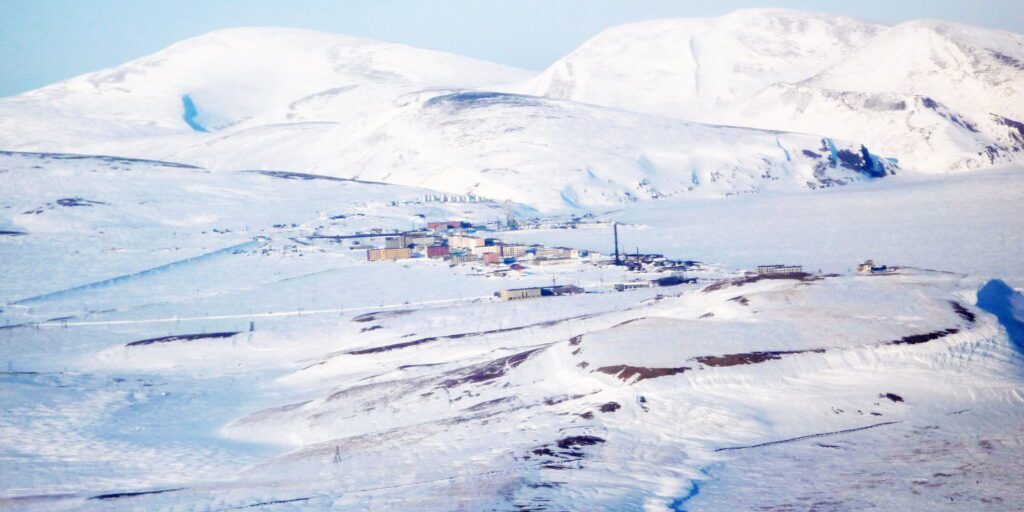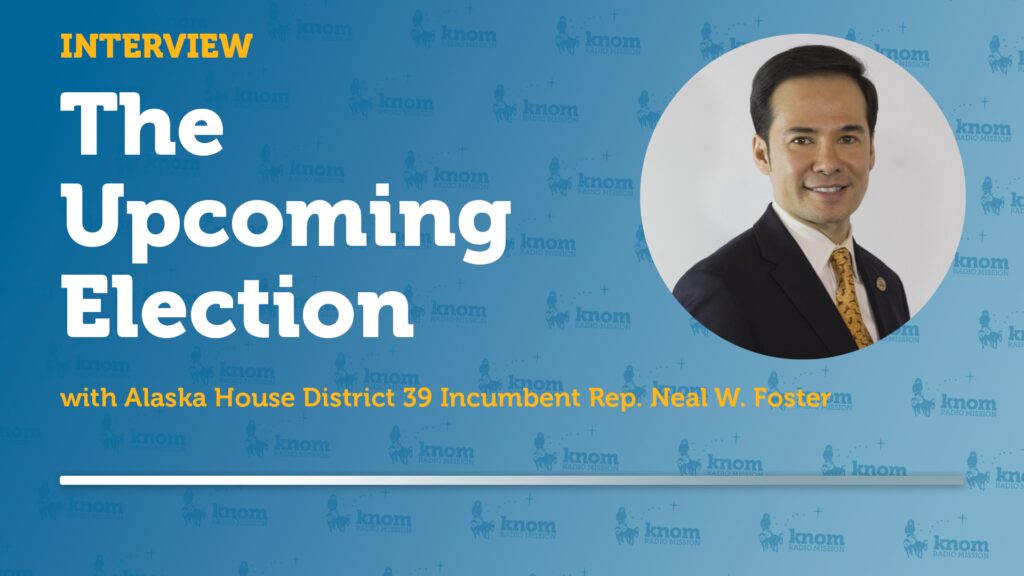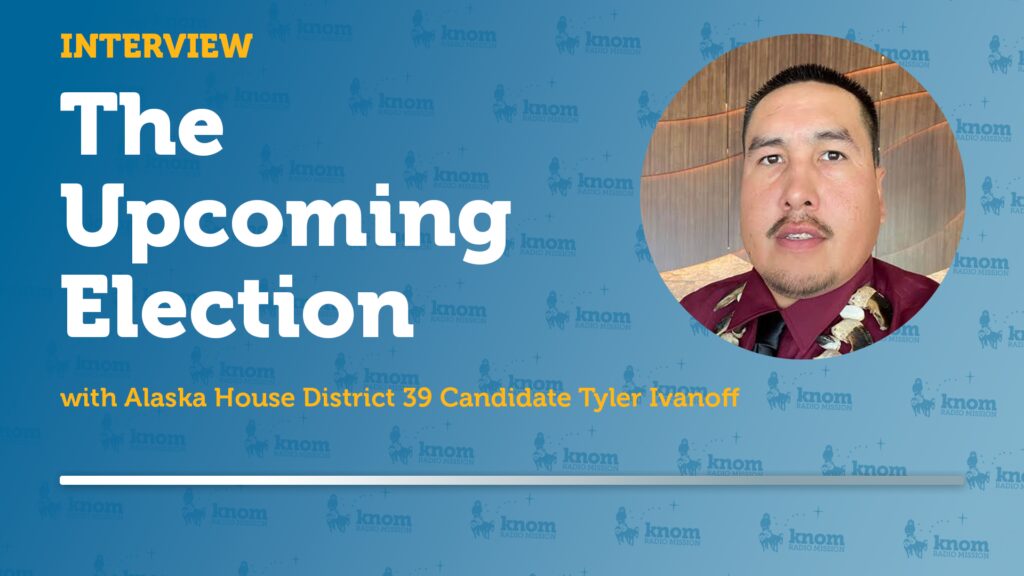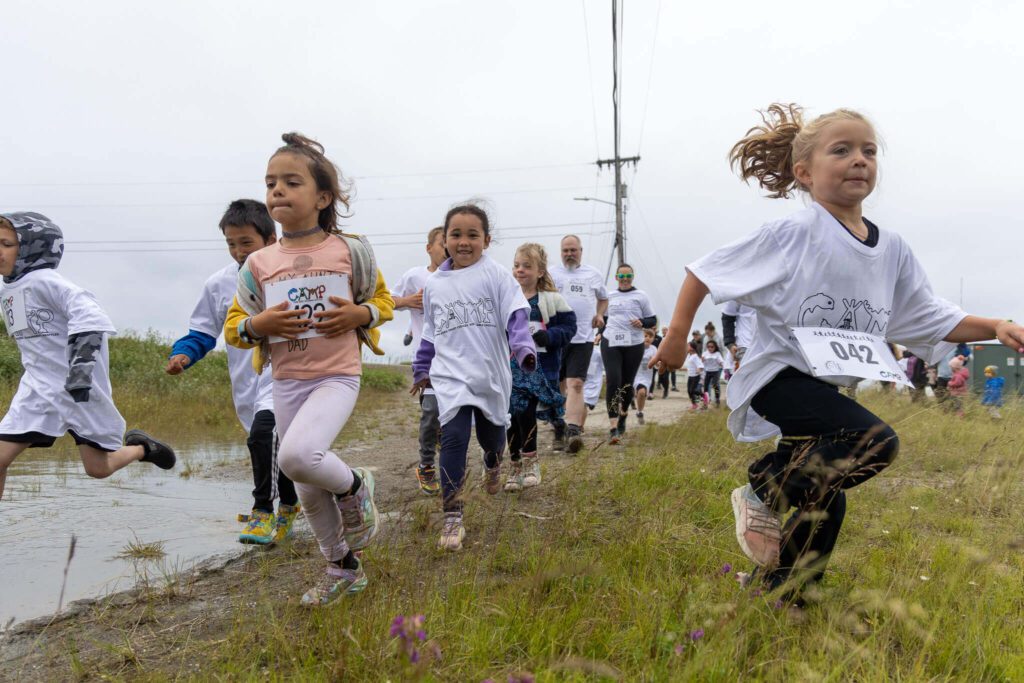The Environmental Protection Agency, Kawerak, the Institute of the North, and others organized a workshop in Nome last week to talk about how to manage solid and hazardous waste. A group of about 20 Russian officials and Russian rural-community members participated in the workshop.
Anahma Shannon, the Environmental Coordinator for Kawerak, describes why the workshop was hosted in Nome specifically for Chukotkans.
“Some of the people from the EPA on the American side had been to Chukotka, had seen the landfills in some of the villages and felt like their people there are facing many of the same problems that we are, and because the Bering Straits region has developed a really great hazardous waste recycling program for things like electronic waste, lead acid batteries, all that stuff, they wanted to educate Chukotkans about ways they can start a program similar to that,” said Shannon.
Besides sharing information, Shannon says there was a sharing of culture, as well.
She mentioned a lot of technical information was shared, “about solid waste management, hazards and toxics, but then, also, a lot of cultural exchange in some of the presentations where they talked about hunting practices and showed a lot of old pictures and traditional methods. So I think that people from both sides really felt like, yeah, we’ve got all the same stuff going on, on both sides of the Strait.”
Nils Andreassen is the Executive Director of the Institute of the North. He was also in Nome last week and says the workshop was structured to allow the sharing of information between Chukotkans and Alaskans.
Andreassen believes this more than two day long workshop is only one part of the ongoing conversation between the two groups separated by the Bering Sea.
“I think that there’s actually a great deal of cooperation between Russia and Alaska or Chukotka and Alaska that we’re often not aware of,” Andreassen remarked, “And there are regularly exchanges between the two with delegations interested in land and park management, in oil spill response, in small non-commercial aviation, all kinds of issues that individuals from Russia are coming to Alaska to learn more about and, I think, take home best practices while sharing what they’re doing.”
One such example of this cooperation comes in the form of the Bering Strait Region “Visa-Free” Travel program. Kyle Fielding, an economics officer with the Office of Russian Affairs at the State Department in Washington, D.C., helps to oversee the program and communicates with the regional chief commissioner in Nome, Vera Metcalf.
Fielding coordinated his visit to Nome to overlap with the Russians’ trip to Nome last week. After meeting some of the Chukotkans who use the visa-free travel program to visit their relatives in the Nome or Kobuk census areas, Fielding says he witnessed the purpose of this program firsthand and sees how it can benefit all groups involved.
He stated, “this helps maintain people-to-people ties between communities who have, historically had, links or are members of the same tribe or group. It helps them maintain their ties through practice of language, through people-to-people contact, and thus, it benefits the U.S. by helping maintaining people-to-people contact between those communities on both sides.”
According to Fielding, there is no foreseeable threat to the existence of the visa-free travel program, and currently, it has no expiration date. Any follow up from the waste management workshop in Nome and travel program could create more opportunities in the future for Chukotkans and Alaskans to develop connections and share their culture.
Video below: a joint performance of Nome’s St. Lawrence Island Singers and Dancers with a visiting dance troupe from Chukotka. Video courtesy of Anahma Shannon, Kawerak.







